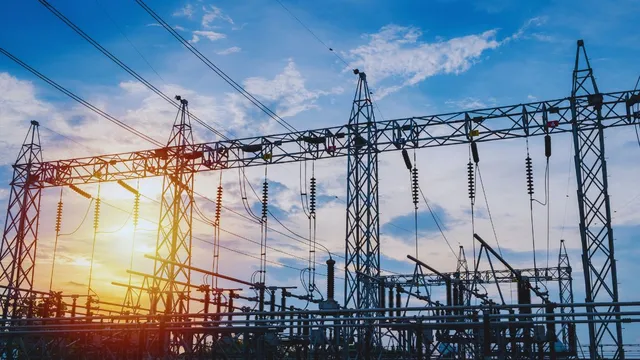- By Priyanka Koul
- Sat, 29 Mar 2025 08:07 AM (IST)
- Source:JND
The Karnataka government has introduced changes to electricity tariffs, bringing both relief and added expenses for consumers. The new rates, announced by the Karnataka Electricity Regulatory Commission (KERC), will come into effect from April 1 across the state, including Bengaluru.
While the cost of electricity per unit will decrease by 10 paise, the fixed charges on monthly bills will rise by Rs 25 per kilowatt (kW), according to a report by TOI.
What This Means for Consumers ?
Although the energy charge reduction will slightly lower the cost per unit, the increase in fixed charges could raise overall electricity bills for many households. According to reports, a typical family of four with moderate energy consumption may save approximately Rs 50 per month due to the reduced energy rates. However, the increased fixed charges could offset these savings.
Key Changes in Electricity Tariffs
1. Lower Energy Charges:
- The cost of electricity per unit will decrease from Rs 5.90 to Rs 5.80 for 2025-26 and 2026-27.
- An additional reduction of 5 paise per unit will apply from 2027-28 onward.
2. Increased Fixed Charges:
- Fixed charges on monthly bills will increase from Rs 120 per kW to Rs 145 per kW.
3. Reduced Rates for Commercial Consumers:
- Businesses in the HT-2(a) category will pay 30 paise less per unit. The rate will drop from Rs 6.90 per kWh to Rs 6.60 per kWh starting in 2025.
4. No Change for Large Consumers:
- Users with high electricity needs, such as water supply and sewage treatment plants, will not experience any changes in their energy or fixed charges.
Impact on Monthly Electricity Bills
While the reduction in energy rates is positive, the increase in fixed charges means that many consumers may still see a slight rise in their overall electricity bills. Residential and commercial users should be aware of these adjustments and plan their energy consumption accordingly. The revised electricity tariffs in Karnataka bring a mixed outcome for consumers. Although energy charges are slightly lower, the higher fixed charges could lead to increased monthly bills for most households.

